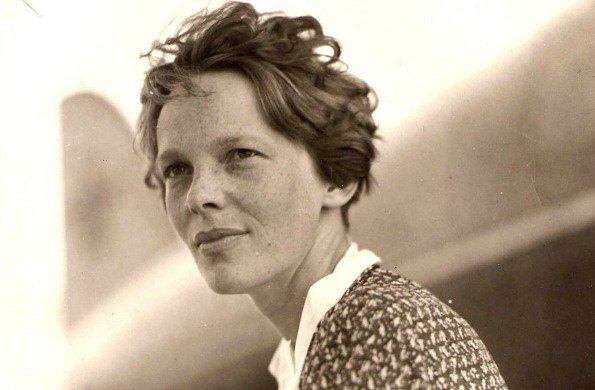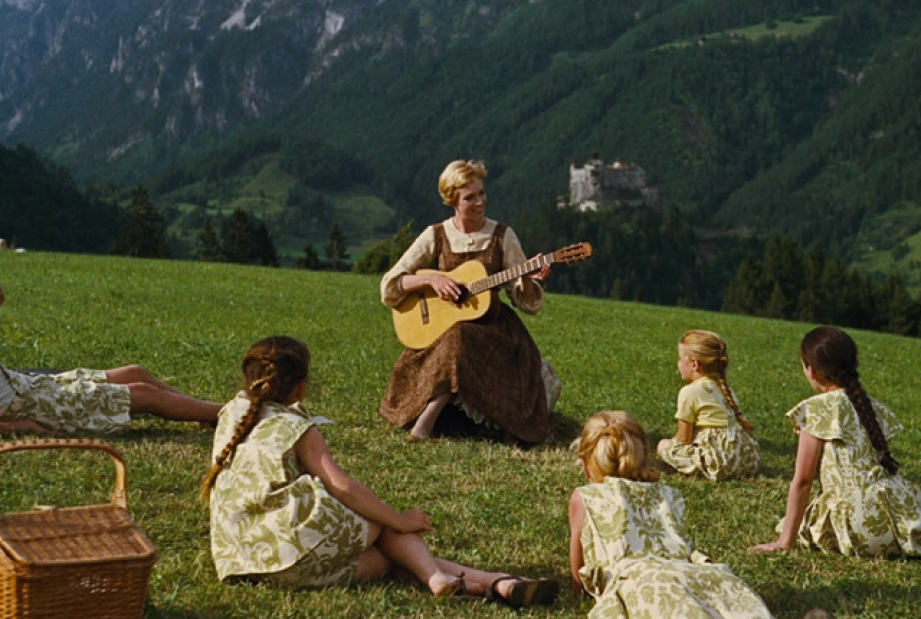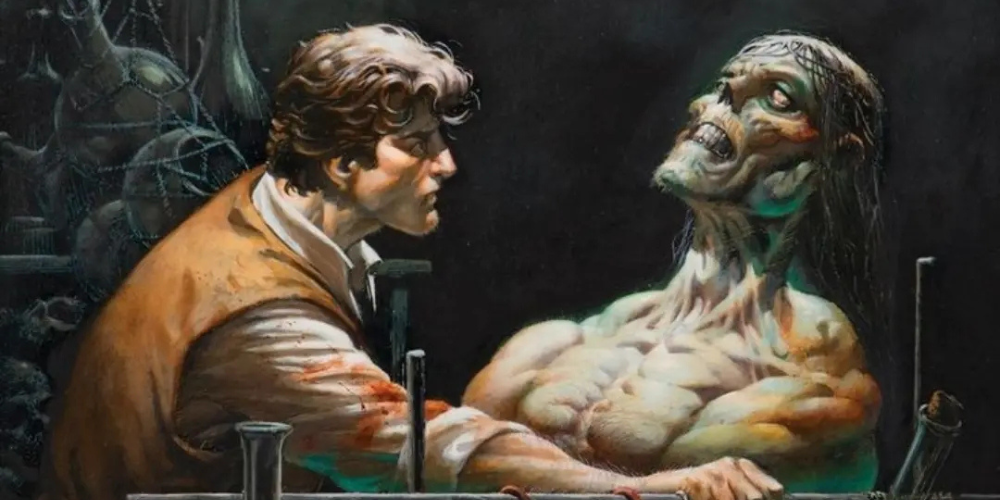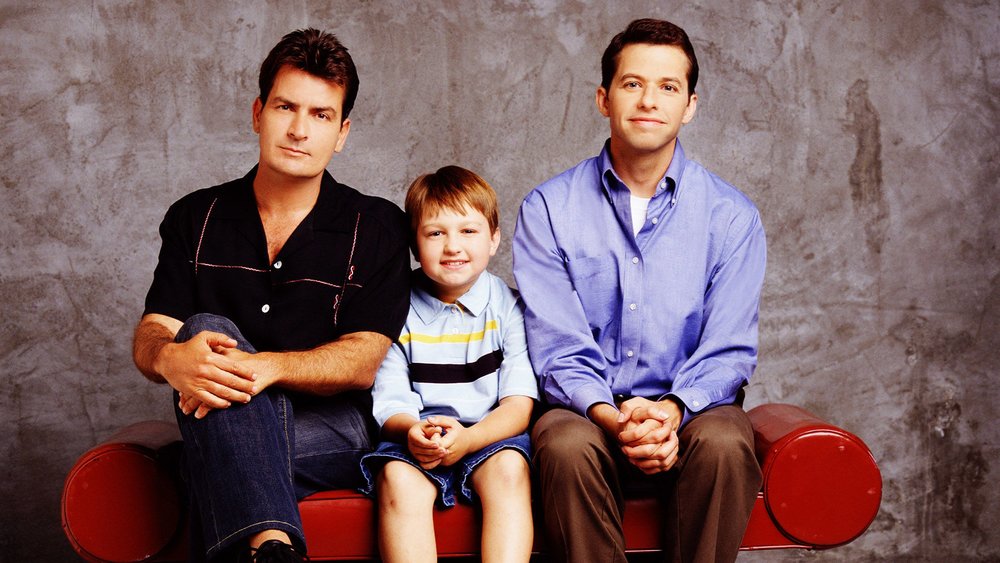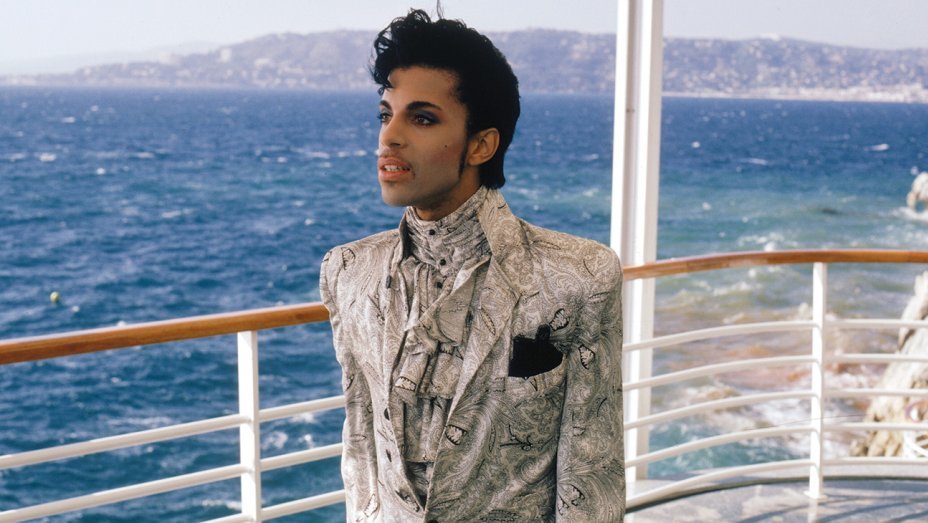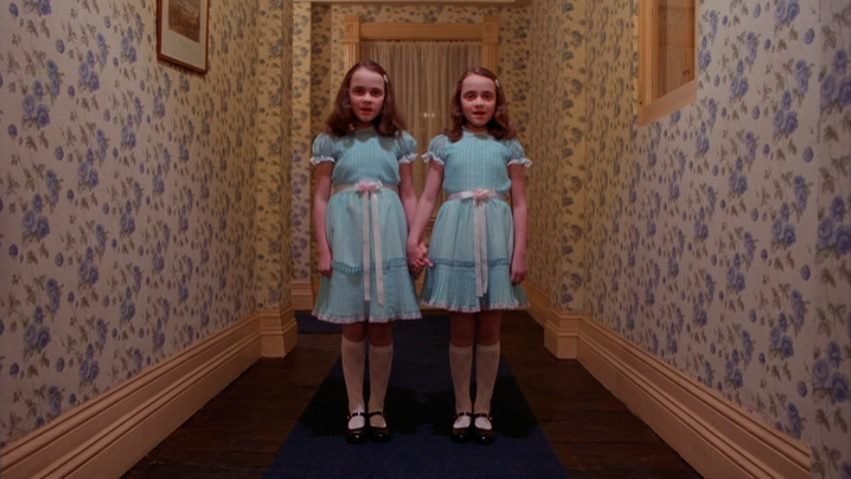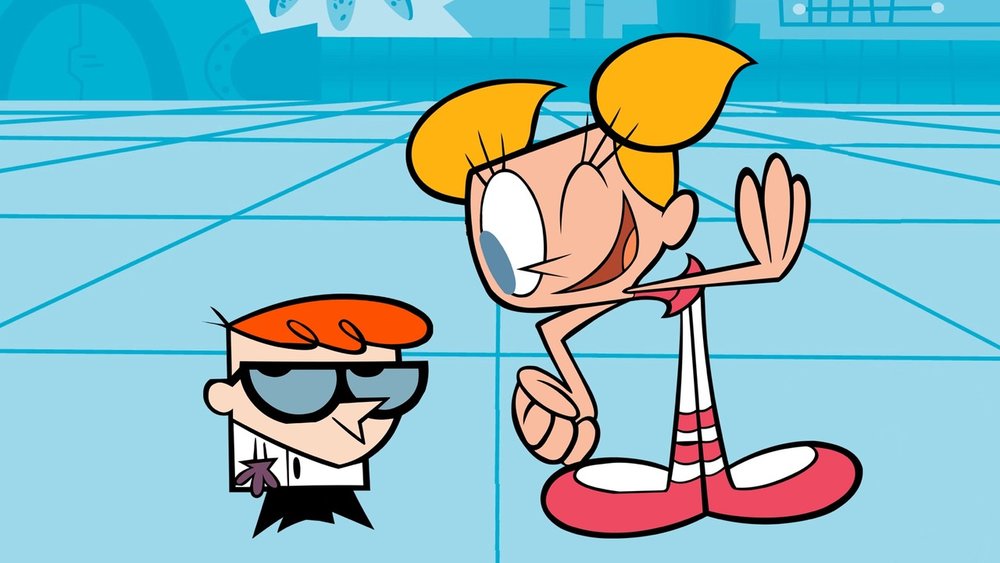The early 2000s were more than low-rise jeans and flip phones—they were a cultural turning point that left a deep and lasting mark on millennial women. This wasn’t just about fashion trends or catchy music videos.
The decade embedded specific ideals of womanhood, beauty, and sexuality into the media consumed by an entire generation. And for those who grew up during those years, those messages didn’t fade away with outdated technology—they stuck.
The Power of Pop in Shaping Identity
From every magazine cover to late-night TV segment, pop culture in the 2000s held the mic. And what it said was often loud, gendered, and impossible to ignore. Women weren’t just watching culture—they were being shaped by it. The messaging wasn’t subtle: to be desirable meant being thin, pretty, and ready to please.
Everywhere, media praised the ultra-thin, oversexualized aesthetic. From “America’s Next Top Model” to “The Simple Life,” the beauty standard was razor-sharp and unforgiving. Teenage girls saw this as the blueprint for how to be “seen,” often pushing themselves to meet standards that were both unhealthy and unrealistic.
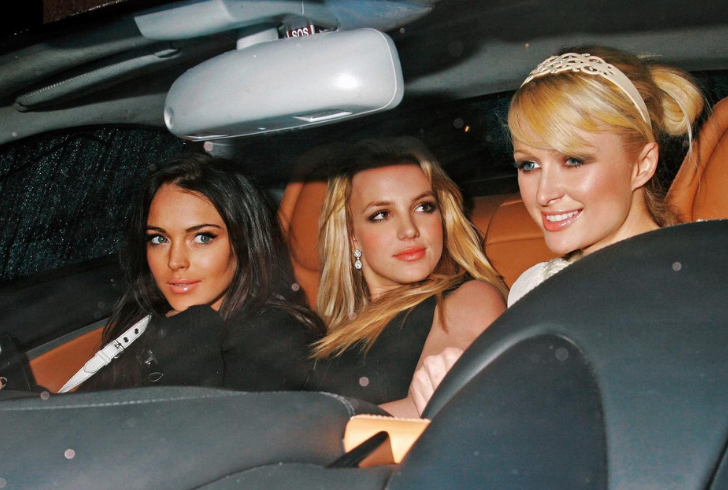
Instagram | parishilton | Britney, Paris, and Lindsay were public case studies on how the world adored young women.
The pop icons of the time—Britney Spears, Paris Hilton, Lindsay Lohan—weren’t just celebrities. They were case studies in how the world viewed young women: adored for their looks, ridiculed for their breakdowns, and constantly stalked by cameras looking for a slip-up. There was no room for mistakes, no margin for softness.
Hyper Sexualization Disguised as Empowerment
The 2000s mainstreamed porn aesthetics without much conversation. Ads for brands like Abercrombie & Fitch or American Apparel often mirrored the adult industry in tone—moody lighting, young bodies, aggressive angles. Photography by names like Terry Richardson blurred the line between art and objectification.
The pop of the decade told girls that their value lay in performance. Power was tied to sex appeal, and being desired was mistaken for being respected. The messages were clear:
- Be sexy, but not sexual.
- Be thin, but curvy in the “right” places.
- Be available, but act pure.
This contradiction put women in a no-win situation. Seventeen-year-olds were expected to look like adult film stars while clinging to innocence. It wasn’t empowerment—it was a trap.
Reality TV and the Rise of Surveillance Culture
Shows like “The Bachelor,” “The Swan,” and “Extreme Makeover” weren’t just entertainment. They turned the female body into something to be evaluated, transformed, or fixed. It normalized judgment and made cruelty part of the script.
Tabloid culture fed off this, turning private struggles into public shame. Paparazzi “upskirt” shots, celebrity cellulite callouts, and breakdowns broadcast on repeat weren’t just headlines—they were lessons. And girls watching learned them quickly: be perfect, or be mocked.
TMZ, Perez Hilton, and magazines like Heat didn’t just report—they created a culture where surveillance was expected, and personal boundaries didn’t matter. The pop culture machine thrived on humiliation, especially when it came to women.
The Aftershocks
This period birthed a generation hyper-aware of their bodies. Diet books like “Skinny Bitch” weren’t fringe—they were bestsellers. Popular films like “Bridget Jones’s Diary” and “The Devil Wears Prada” delivered jokes at the expense of anyone above a size two.
Teen girls absorbed these messages at the most impressionable stages of life. Many developed eating disorders, normalized self-objectification, or turned shame inward. The cultural weight was heavy and deeply personal.
Essay collections like “Dead Weight” and “Y2K: How the 2000s Became Everything” reveal just how closely linked media consumption and body dysmorphia were. What looked like entertainment was actually shaping self-worth.
The Missing Narrative
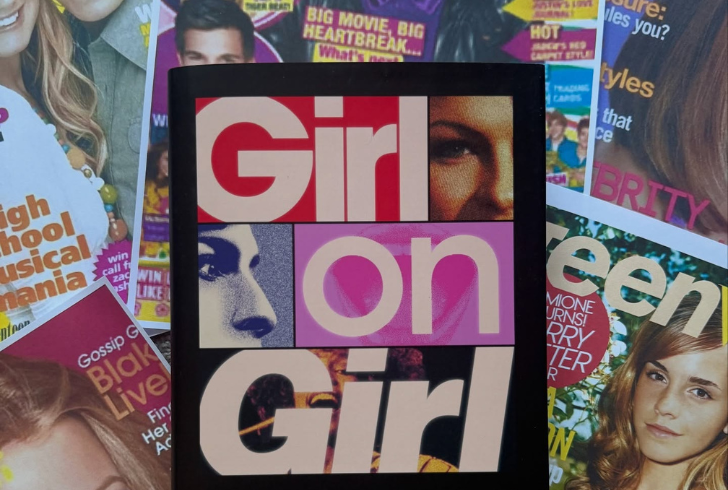
Instagram | the_secret_bookreview | "Girl on Girl" was a reality built into the culture, actively dismantling women's power.
While culture dissected young women, few outlets focused on how those women responded. There’s little record of how they fought back, processed, or healed in real time. Instead, they were often pitted against each other in a cycle of comparison and competition.
The idea of “Girl on Girl”—women being turned against themselves and each other—wasn’t metaphorical. It was built into the era’s DNA. The culture didn’t just undermine collective power; it dismantled it.
Where Culture and Politics Part Ways
One of the key takeaways from revisiting this era is realizing that pop culture, while powerful, doesn't work alone. It reflects deeper systems of control and dominance—but it doesn’t replace them. The rollback of reproductive rights, like the reversal of Roe v. Wade, didn’t happen because of paparazzi photos or music videos. It happened through decades of legal maneuvering and political strategy.
Cultural critique has its place, but without real-world action, it only goes so far. Recognizing harmful trends matters—but organizing, policy change, and power-building matter more.
A Generation Defined by Pop
Millennial women grew up under a pop culture lens that prized thinness, control, and performance over authenticity. But influence doesn’t have to mean permanence.
Today’s conversations around body image, sexuality, and gender expectations are more critical and inclusive, challenging the narratives that once defined girlhood. Revisiting those early messages allows for a clearer view of how they shaped identity—and how they can be rewritten.
Real change, though, goes beyond critique. It requires a cultural shift driven by intention, where womanhood isn’t commodified but represented in all its forms. That kind of transformation needs more than awareness—it needs action.

